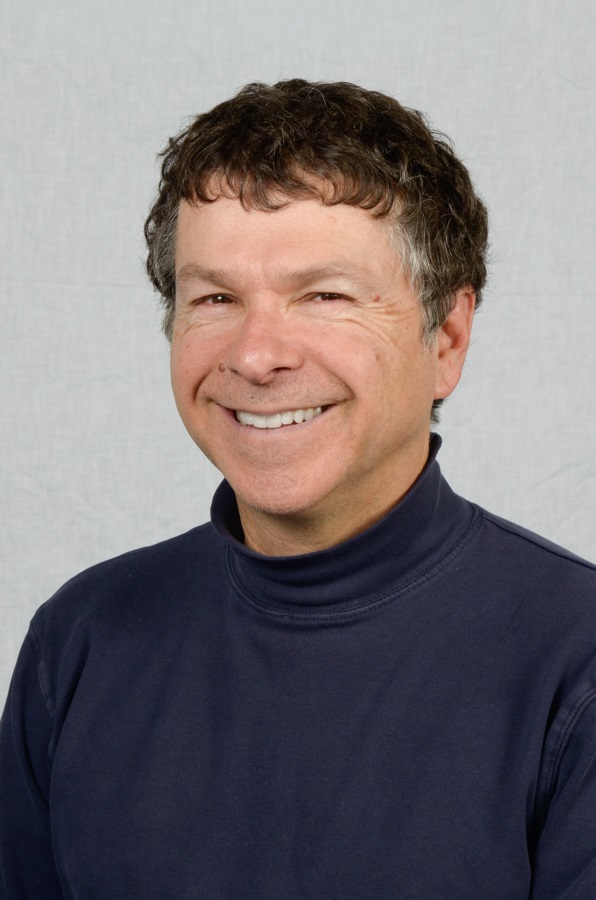While we know the names of Shifra and Puah, the Egyptian midwives who disobeyed Pharaoh and saved Jewish baby boys, in Parashat VaYislach we meet an unnamed midwife who is present for the precarious birth of Benjamin. According to Genesis 35:16-19, while our migrant ancestors were on an arduous journey en route from Beth El to Bethlehem, Rachel goes into hard labor. Jacob hastily summons a midwife. I picture the midwife massaging Rachel and administering traditional herbs. Rachel is exhausted and hemorrhaging. She is drifting in and out. The midwife uses her commanding attention to implore Rachel to focus on her labor and to bond with her baby. The midwife beseeches, “Talk to your beautiful baby boy! Love him. Don’t give up! Don’t be afraid!” She summons all of the birthing wisdom going back generations to try to save Rachel’s life–to no avail. For despite all the efforts of the midwife, Rachel is bleeding out.
As she drifts in and out of consciousness, she hears the midwife command, “Name him!” With her last breaths, Rachel accedes to the request and names her baby, “Son of my Sorrow, Ben Oni.” The midwife calls on Rachel to focus on her second son, in words no doubt designed to remind her of her own petition after the birth of her firstborn son, Yoseph. “And she called his name Yoseph, saying, ‘May Adonai add [Hebrew, yoseph] to me another son.’” (Genesis 30:24). Tragically, while the prophesy of additional life is fulfilled, Rachel dies in childbirth.
Jacob, crushed by the death of his beloved, renames their baby, “Son of my Right Hand, Benjamin.”
What lies behind this new name? Rashi offers that the name is geographic (from yamin¸”right”), highlighting Benjamin’s special status as the only son born in the land of Israel. Several other commentators, among them Rashbam and Radak, identify the name as related to yamim, “days,” referring to Benjamin being the child of Jacob’s old age.
I prefer a different interpretation. Devastated by the loss of his beloved Rachel, Jacob uses the new name to call his wife esteemed as his right hand. To this very day, brides are always to the right of their mates under the chuppah.
And what about the unnamed midwife? What did she think of this renaming? Did she understand compassionately that it would be too hard for Jacob to go through life loving a son named for his wife’s death, or did she chafe at his erasure of Rachel’s last words?
Deaths during childbirth were a widespread phenomenon in ancient times—and are still today in the developing world. This past summer I met a group of indigenous midwives in the Guatemalan highlands as part of an AJWS rabbinic global justice study tour. Guatemala can be a desperate place to be a child. According to Human Rights Watch, the exploitation of children in sexual tourism, pornography, and organized crime is a widespread problem. A case of sexual violence is reported every two hours. Teen marriage is common in a country where the legal age for a girl to wed is 14. These child brides are frequently married off to men twice their age. Domestic abuse is a common occurrence. Many teens are having babies and stop being children in order to work as women. And the situation is worst for indigenous Mayans.
In the Guatemalan highlands, the Mayan midwives of Coordinadora Departamental de Comadronas Tradicionales de Quetzaltenango (CODECOT) are organizing to change this picture. They combine traditional birthing wisdom with leadership training, so they can teach young mothers that, if they are being discriminated against or abused, there are people who can help them. CODECOT believes that, as traditional indigenous midwives, they are uniquely placed to advocate for indigenous women’s sexual health agendas with municipal governments. And if things start to go wrong with hard labor and hemorrhaging, the CODECOT midwives would not hesitate to accompany their clients to modern clinics to seek treatment as “right hand” advocates.
Rather than erasing the past with its combination of wisdom and pain, as Jacob seems to want to do, CODECOT shows us that the past can be a key to a better future. May their names be blessed as teachers, leaders, and healers, not forgotten as Rachel’s midwife’s was.
Rabbi Eliot J. Baskin, DMin serves as Denver’s Jewish Community Chaplain and enjoys volunteering the world over. This past summer he traveled to Guatemala as part of American Jewish World Service’s Rabbinic Global Justice Fellowship and then returned a month later to lead High Holy Day services at Adat Israel in Guatemala City.

